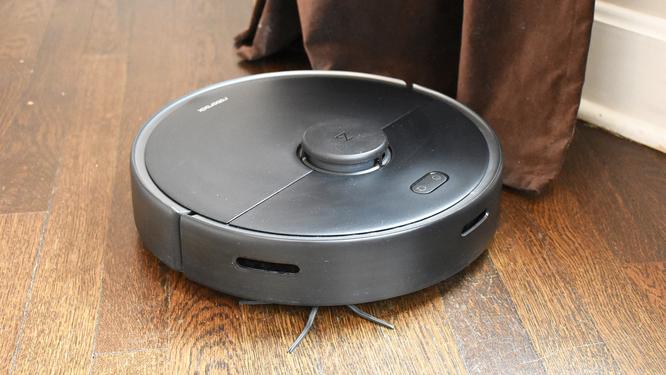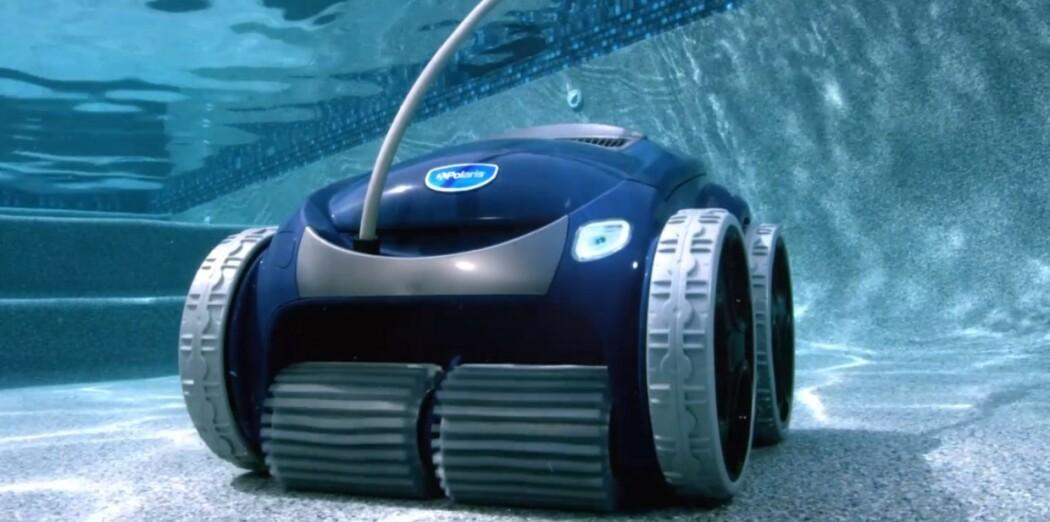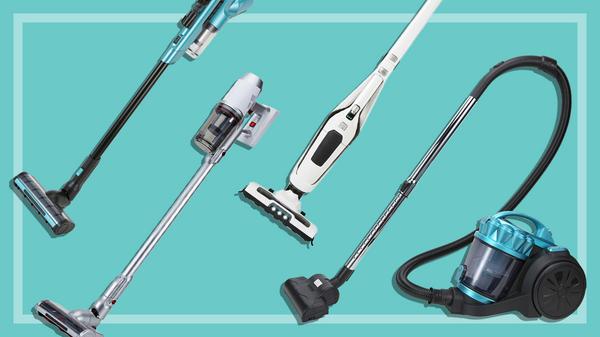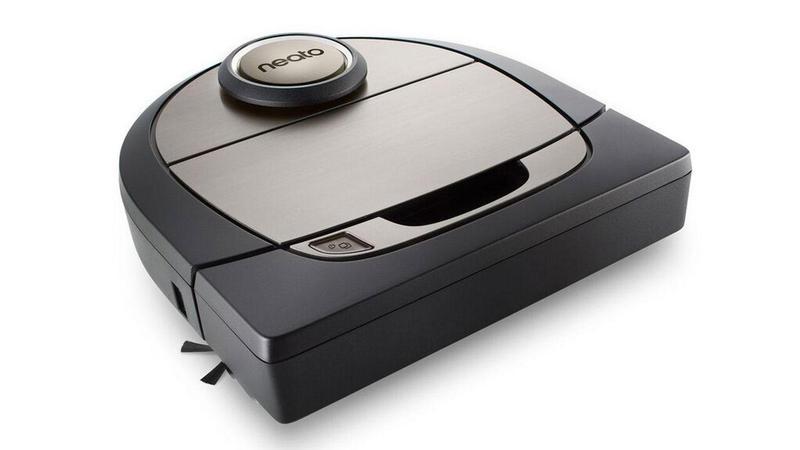6 robot vacuum tips and tricks to keep your home spotless
Robot vacuums can help reduce the amount of time you need to vacuum your home, but just like any piece of equipment, they require maintenance and TLC to make sure they’re running their best. What's more, there are a few things you can do around your home to ensure that your robot vacuum is cleaning where it should, and staying away from the areas it shouldn't go.
Having tested dozens of thebest robot vacuums and thebest robot mops, we’ve picked up a few clever tips and tricks— such as how to make sure your robot vacuum doesn’t run over the cat’s food bowls.Bear in mind, the better you take care of your robot vacuum, the better it will take care of cleaning up pet hair and dust.
In the meantime, we've put together some tips for the best ways to keep your humble, little robot vacuum cleaning like a pro champ.
1. Place the charging dock in a good location
One of the most important things you can do to help your robot vacuum clean efficiently is to consider where it’s going to live. Most manufacturers say the dock should be placed against a wall with 1.5 to 3 feet of space on either side of the dock and at least 4 feet of open space in front of it. Ideally, the same type of flooring should be in this area instead of a mix of bare floor and carpet. The open space allows the robot to properly orient itself when it’s sent on a cleaning run and helps it find its way home. The room where the dock is placed should also allow for access to the rest of your home — unless you want just one very clean room.
2. Clean before the robot cleans
As a kid, my parents would always tell me to clean my room before company came over. Think of your robot vacuum as company. Pick up stray socks, children’s toys, dog toys, and other items that a robot vacuum could suck up, or get stuck on. If you were using a traditional vacuum you’d likely pick up these items — it’s no different with a robot vacuum. While some models like theRoborock S6 MaxV use stereo cameras to avoid shoes and other obstacles, most robot vacs will push a small toy around or try to eat a sock.
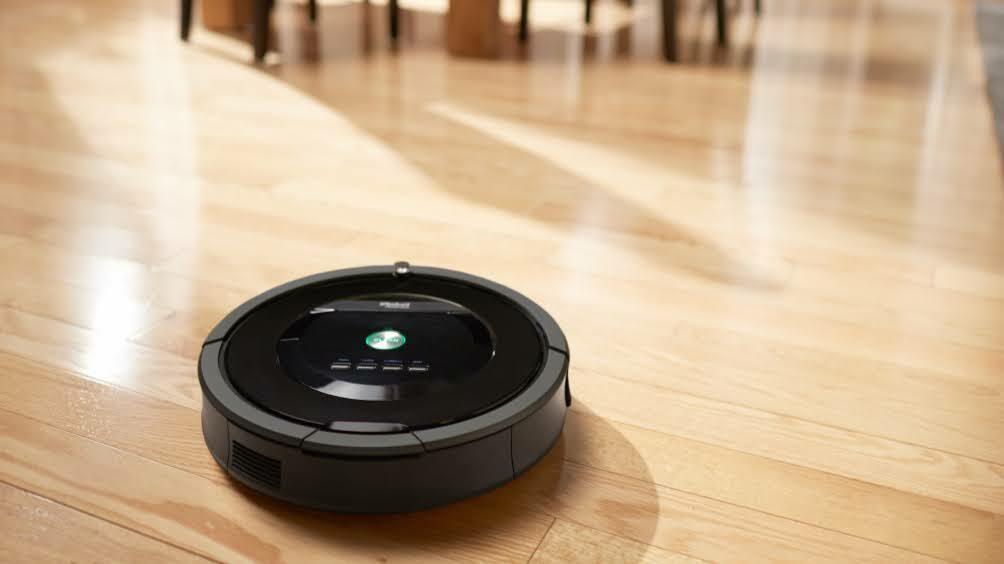
With a map-enabled robot, there’s a little more leeway as you can easily create keepout zones, such as for pet bowls. If your child’s books are haphazardly strewn around the family bookshelf, you’ll want to keep your robot vacuum from munching on “The Monster at the End of This Book.” Fair warning: Test the no-go zone before letting the vacuum loose to ensure the virtual boundaries drawn in the robot’s app match the intended physical areas.
3. Robot vacuum-proof your home
In addition to tidying up the detritus of life before setting your robot vacuum loose, be aware of other potential pitfalls. Loose electrical cords (including the one for the vacuum dock) and stray charging cables can get tangled in the robot’s side brush. I’ve seen a lightweight lamp pulled off of a side table when a vacuum caught the cord the right way. Floor length curtains have also fallen victim to a vacuum with powerful suction. Some models, such as theRoborock S7, have automatic carpet detection and increase suction when carpet is detected. It’s great — until the robot interprets a dining room curtain as carpet. Shag rugs and rugs with tassels or loose threads are another potential hazard as those can get wrapped around the brushes and possibly damage the rug.
For optimal cleaning under the crumb capital of your home — aka the kitchen table — move the chairs away from the table legs or place them upside down on the table itself, as if your home was a restaurant at closing time. Depending on the size of your chairs and the size of your robot, this may not be needed. Robot vacuums like theiLife V3s Pro and theNeato D4 are nimble enough to clean in and around chair legs and table bases.
4. Check in on your robot vacuum
Just like a newly adopted cat exploring your home for the first time, a robot vacuum needs some time to acclimate to its new environment. Keeping all doors and pathways open and free from obstruction will help the robot find its way. You’ll want to supervise the first few runs to identify potential trouble spots such as tight corners or high thresholds.
Reactive bump-and-clean robot vacuums may not always follow the same path, but models such as theEufy RoboVac 30C come with magnetic boundary strips that can prevent the bot from travelling to forbidden territory. Similarly, iRobot sells virtual barriers that will keep theRoomba 675 and 694 out of trouble.
While most mapping robots may be programmed to stay out of difficult spots using no-go zones and room-specific cleaning options, you’ll want to keep an eye on them during their first few runs. Mapping robot vacuums from Ecovacs, Neato, and Roborock are all able to create nearly complete maps on their initial runs because they use Lidar navigation, meaning your cleaning routine can be up-and-running after one or two vacuum runs. iRobot’s line of mapping vacuums -- theRoomba s9 andRoomba i7 -- and its top-of-the-line mop, theBraava jet m6, use vSLAM navigation, which requires multiple runs to create a full map of your home. Thankfully, you can send a Roomba on a mapping-only run, which is faster than a cleaning run.
5. Keep your robot vacuum clean
Keeping your robot vacuum at peak performance is easy with regular maintenance. After each cleaning run, empty the dustbin. One a week, remove the filter and tap it on the side of your garbage can to loosen and remove accumulated dust. If you have pets or family members with long hair, check the brush roll, side brush, and wheels regularly for hair. Eufy, iLife, Neato, and Roborock frequently include a cleaning tool that lets you easily remove hair off of the brush roll and wheels. When removing the brush rolls, check the spindles for tightly wrapped hair and fur.
Most app-connected robot vacuums include maintenance guidelines and reminders within the app. For example, the Roborock app shows the approximate life left of parts, such as 97% for its side brush. The iRobot Home app doesn’t give a strict timeline, but recommends cleaning and replacement schedules. The filter on the Roomba s9 should be replaced every 2 months, while the rubber brush rolls should be replaced between 6 and 12 months.
6. Use schedules and geofencing to clean when you’re not home
From the ultra-expensive iRobot Roomba s9+ to the budget-friendlyEufy RoboVac 11s, a common feature among nearly all robot vacuums is scheduled cleanings. On budget models, you can generally set up whole home cleanings once a day. App-controlled robot vacuums have more granular control with options for scheduling room- or area-specific cleanings multiple times a day. For example, you can set the vacuum to clean under the kitchen table after dinner or vacuum the living room at 9 a.m. when the kids are at school.
The iRobot Home app goes even a step further. Using geofencing, Roombas can be triggered to start cleaning when your phone leaves the house. So, save your dog the trauma and set the vacuum to start when you take him on a long walk. Upon your arrival back home, you have the option to finish the current cleaning job or send the robot immediately to its dock.
Meghan McDonoughMeghan McDonough is a journalist who currently tests and writes about robot vacuums. Since 2008, she’s written about laptops, mobile phones, headphones, speakers, and other consumer tech. When she sees an unfamiliar device, Meghan has a habit of asking complete strangers, “What is that? Does it work well for you?”In her spare time, Meghan enjoys seeing live music, tending to her garden, and playing endless games of fetch with her Goldendoodle, Duke of Squirrel.
